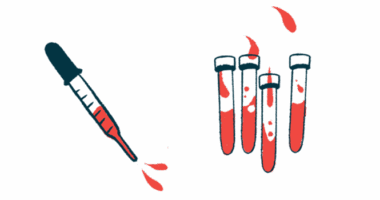
Experimental Treatments
Epidermal Growth Factor Receptor Inhibitors
Epidermal growth factor receptor (EGFR) inhibitors are being considered as a potential therapy for Cushing’s disease. EGFR inhibitors work by blocking EGFRs from sending signals that would trigger tumor growth or production of proopiomelanocortin, the precursor to ACTH. In this way, it may lower ACTH production. EGFR inhibitors were studied in a small Phase 2 trial, but the results of that study are unknown.
Ketoconazole
Ketoconazole is an antifungal agent that may be used to reduce cortisol levels and ease Cushing’s symptoms. Ketoconazole blocks the activity of several enzymes required for cortisol production in the adrenal glands, including 21-hydroxylase, 17-alpha-hydroxylase, and 11-beta-hydroxylase. By doing so, the therapy can lower cortisol levels, thereby helping to ease Cushing’s symptoms
Retinoic Acid
Retinoic acid, a compound that results from the metabolism of vitamin A, is being investigated as a potential treatment for Cushing’s disease. Researchers think that retinoic acid plays a role in both lowering cortisol levels and potentially reducing the size of the tumor. So far, retinoic acid has only been tested in small proof-of-concept studies, and larger trials are needed.
Relacorilant
Relacorilant is an experimental oral therapy being developed for people with endogenous Cushing’s syndrome, including Cushing’s disease. It aims to prevent the harmful effects of excess cortisol, including high blood pressure and elevated blood sugar. Phase 3 trials of relacorilant for endogenous Cushing’s have been completed.




